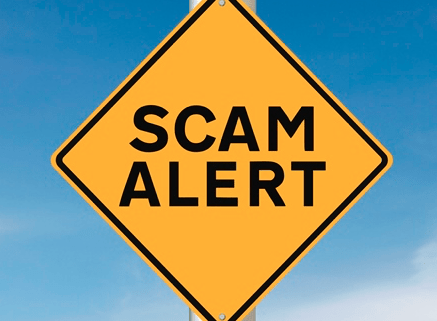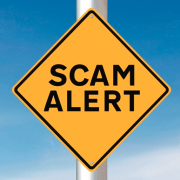As coronavirus restrictions are starting to lift in the UK and around the world, most of us will look for an opportunity to get back to enjoying some of the activities we were able to enjoy before the world was plunged into a pandemic. Concerts, and large gatherings were banned last year and as the country reopens officials are warning that ticket scams are on the rise again and scammers are out targeting people desperate to book up their favourite activities again.
According to reports from Action Fraud, 216 people fell victim to ticket fraud in February alone. There has been a sharp increase in people wanting to book up events and concerts and so far over £270,000 has been lost to fraudsters. The National Fraud Intelligence Bureau are warning consumers to be extra vigilant when booking online. They say fraudsters create fake ticket sites and sell non-existent seats at real events. Incredibly these fake tickets, on some sites have been advertised at much higher prices than their original prices.
In February, this year 216 reports from consumers were made to Action Fraud, this figure represents an increase of 62% and accounts for over £270,000 with the average victim losing £1,260. Officials are warning that as further lockdowns restrictions ease, these figures are likely to increase substantially if people to not take the correct steps to protect themselves.
What is a ticket scam and how does it work?
Scammers set up fake online sites offering tickets to popular events. These tickets are normally at events that have sold out already and because of these victims are easier to scam as they are easily conned into booking and less likely to check the site for authenticity. The victim eagerly pays for the tickets online, but they never turn up. In some instances, scammers do send tickets and people turn up to events only to find out their tickets are fake.
Protect yourself from ticket fraud by only purchasing tickets from authorised and official venders and well-known reputable sites. Some fraudsters will even go as far to replicate genuine sites, so always check the IP address before handing over any card details.
You can also check with the event organiser for official ticket distribution lists. Avoid paying for tickets via a bank transfer, if it is a fraudster, you will never be able to get this money back so always pay via PayPal or using a credit card, this way you may be able to make a claim to get your money back.
Be extra wary of unsolicited emails, text and social media posts offering too good to be true deals, they often are and will lead to someone trying to steal your money.









Leave a Reply
Want to join the discussion?Feel free to contribute!